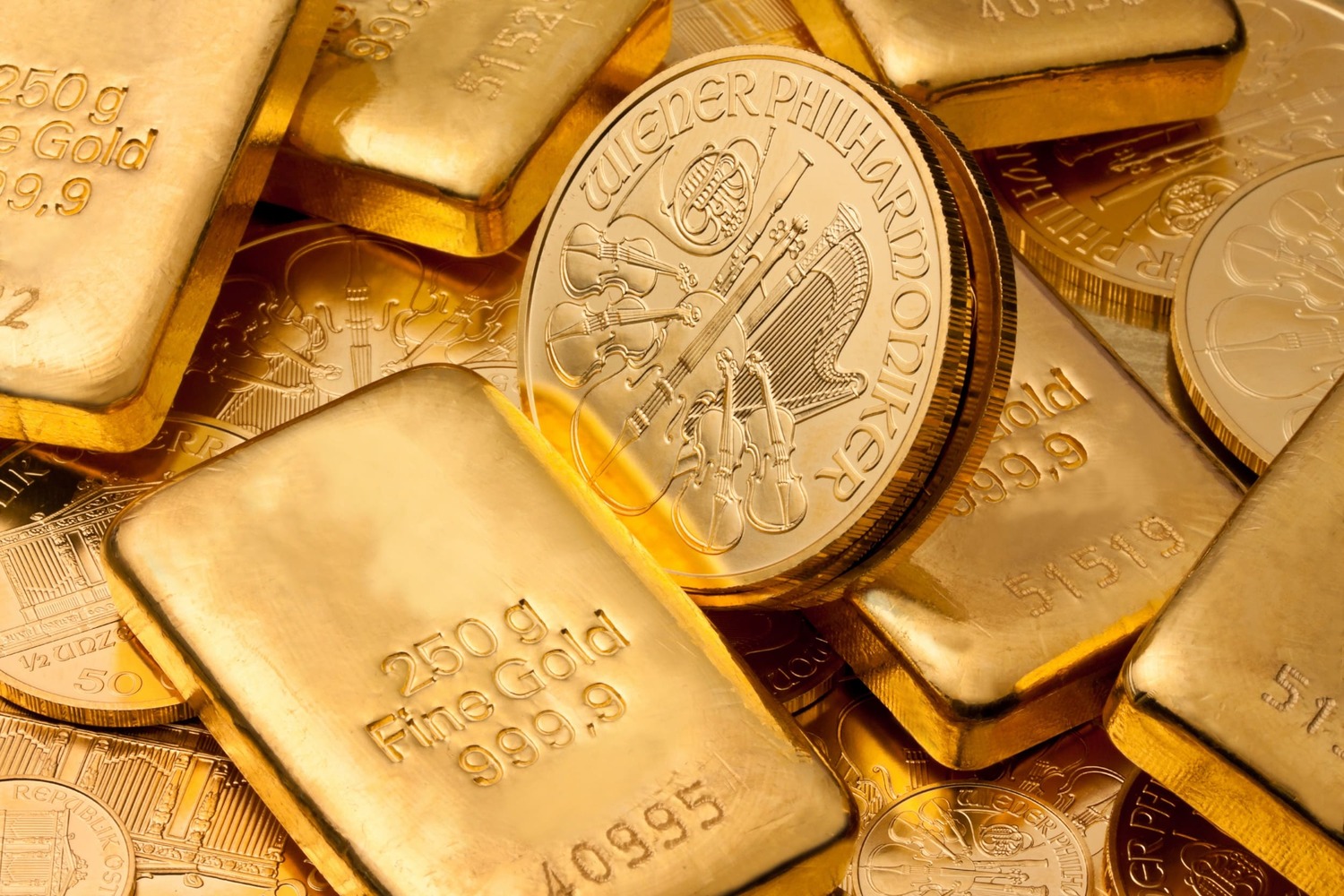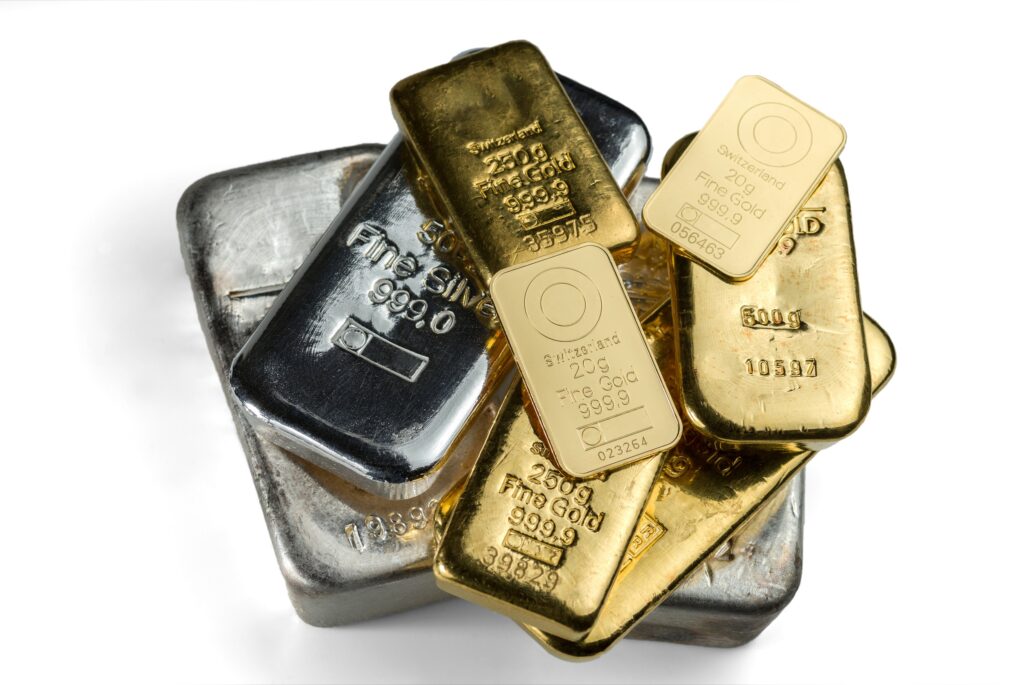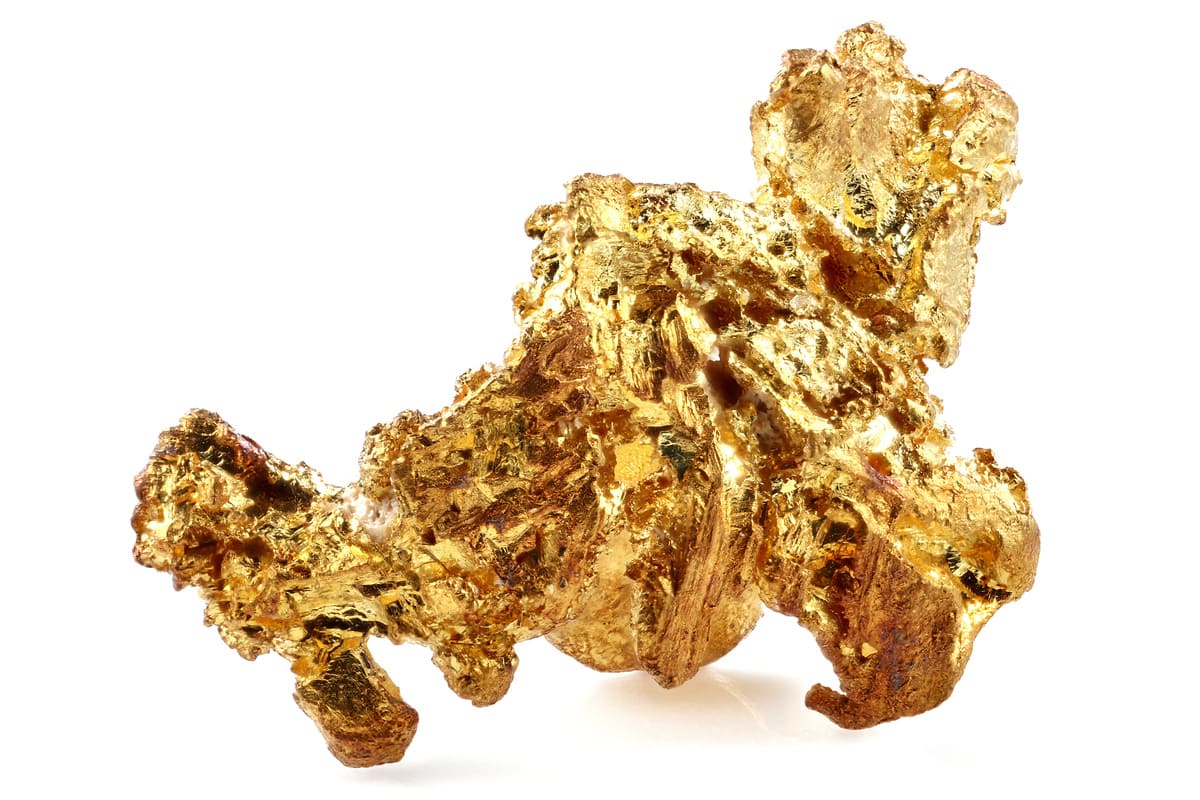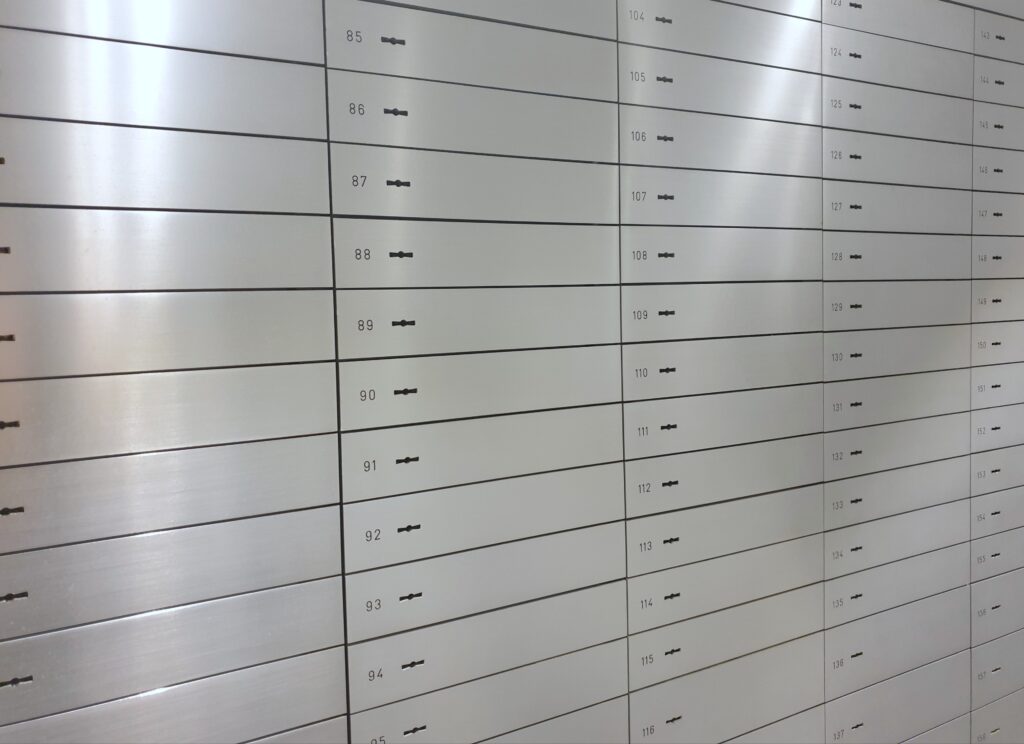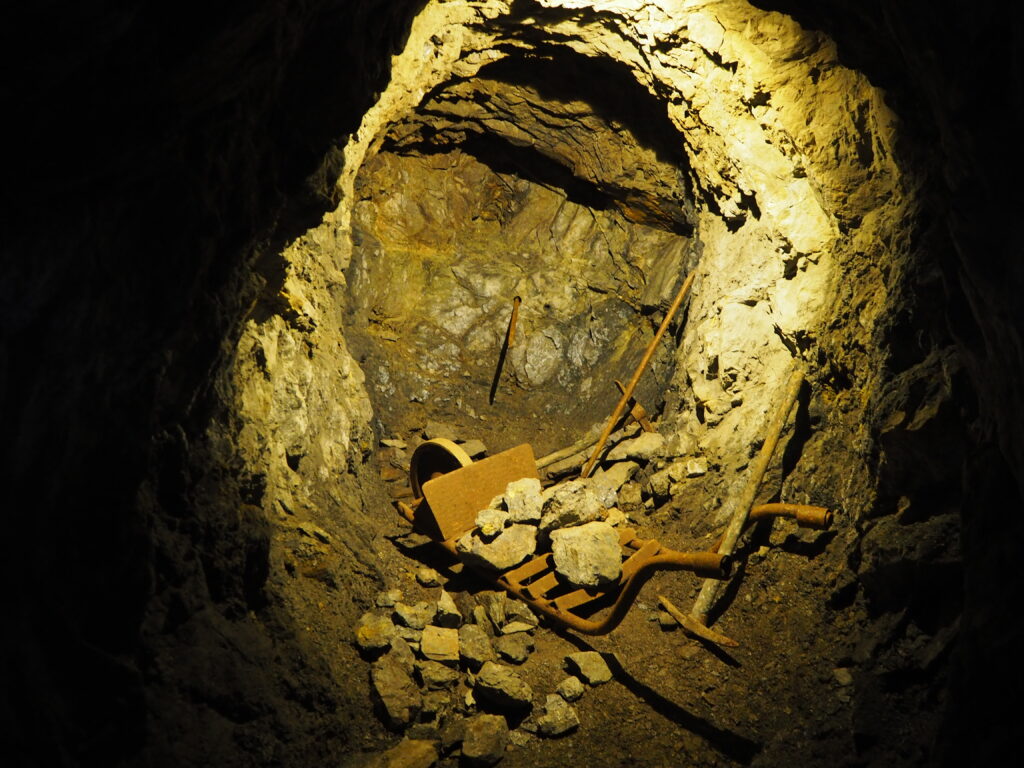Metalor: From Swiss rolling mill to a global player
Additional information > The fundamentals of precious metals – a broad introduction to the basic principles > Metalor: The first Swiss LBMA-certified precious metal refinery
Precious metal refinery, advanced coatings and electrotechnics
In 1934, Metalor became the first precious metal refinery in Switzerland to be listed as a certified bullion manufacturer by the London Bullion Market Association (LBMA). The company’s roots go back to 1852, when “preliminary rolling mills” were built in Le Locle. Within decades, this regional gold smelter for watch cases became a multinational company producing high-quality bullion products, exclusive coatings and precision electrical engineering. Substantial resources are devoted to the company’s own research and development facility.
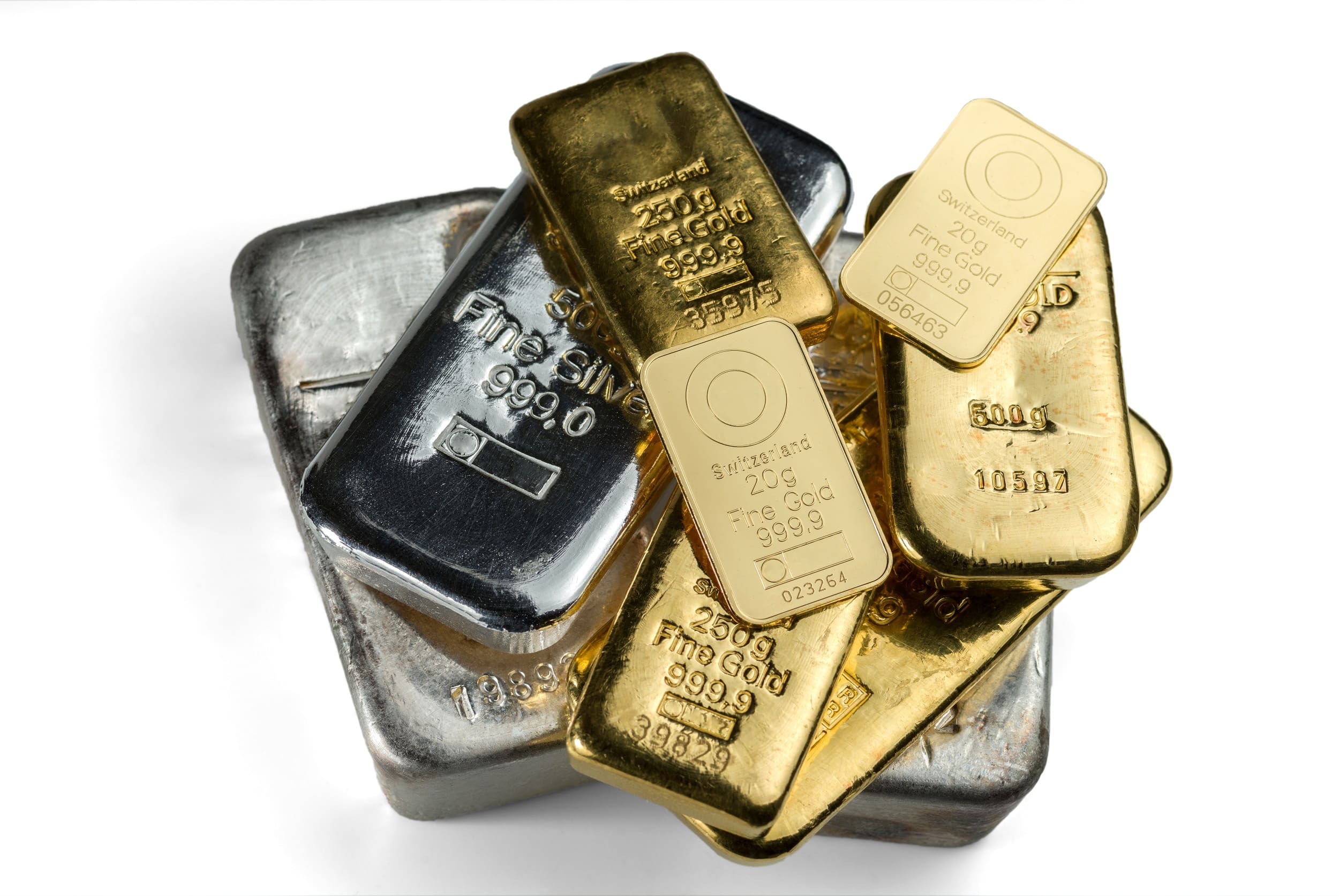
©vladk213 - stock.adobe.com
Metalor: a timeline of company expansion and development
Back in 1852, Martin de Pury & Cie founded their “Preliminary Rolling Factory” in Le Locle in the Swiss canton of Neuchâtel. At that time there were five people employed to melt and roll the gold needed to make watch cases. These products were mostly bought by local watchmakers. A few years later, in 1864, the Banque du Locle bought the company, which by now employed 30 workers and had precious metal holdings recorded as 40 kilograms of gold and 200 kilograms of silver. In 1918, the Société de Banque Suisse (SBS) acquired the rolling mills, with the business renamed as Métaux Précieux SA in 1936.
A significant milestone was achieved in 1934 when the company became the first Swiss refinery to be listed in the London Bullion Market Association (LBMA) register – a stamp of approval which thus facilitated the international trading of gold and silver bars. As a result, Le Locle became the centre of the Swiss gold industry at the beginning of the Second World War. In 1938 and 1939, Métaux expanded by setting up its own research department and opening up a new market for precious metal dental alloys, sold under the “MP” brand name.
An urgent need for expansion led the company to open a new headquarters and factory in Neuchâtel in 1947. This was followed by another new building complex in 1953, increasing the total workspace to 8,000 square metres, thus allowing all associated refining and processing of gold, silver, platinum and palladium to be implemented in-house. From the 1960s onwards, the company began to expand internationally, first within Europe and later into the USA and Asia. At this period (between 1989 and 1997) the company also began to focus on the refining and production of silver powder.
A further change took place in 2003 when the company was renamed Metalor Technologies International SA. The business was then acquired by Astorg Partners, a French private equity company, in 2009, before being sold on to the Japanese family business Tanaka Kikinzoku in 2016. In that same year, the company headquarters was transferred to Marin, near the main Swiss refinery. Both Metalor and Tanaka Kikinzoku are companies accredited as referees by the LBMA and the London Platinum and Palladium Market (LPPM). Switzerland’s Argor-Heraeus and PAMP refineries also have Good Delivery Referee status, as does the Rand Refinery from South Africa.
Metalor's four business sectors
Today Metalor focuses on four distinct economic activities: Its refinery processes seven types of precious metals obtained from primary and secondary sources. The company emphasises that all such metals are procured exclusively from sources that meet the LBMA’s strict social, environmental and ethical standards. These precious metals are converted into semi-finished and finished products, including include cast and minted bars for the investment market, as well as gold granules and silver granules, powders, salts and alloys for watches and jewellery. Intermediate products are also produced as catalysts serving the needs of the chemical and pharmaceutical industries. Metalor trades its precious metals on all major markets and exchanges including LBMA, LPPM, SGE, COMEX, SBMA and TOCOM. Metalor’s clients include central banks and retail banks as well as wholesalers and specialist retail outlets.
In addition, the company’s precious metal coatings division focuses on metallization technologies for electronics, aviation, automobiles, photovoltaics and pharmaceuticals. Metalor also develops and manufactures the silver-based electrical contacts required for many switching devices. Meanwhile, its fourth business group is actively engaged in research and development to promote and support new innovations.
Metalor certificated bullion products
Metalor mostly manufactures gold bullion products. These include not only 400-ounce Good Delivery bars, but also 1,000-ounce silver bars destined for central banks and wholesalers. In addition, the company produces cast and minted gold bars for the end-customer market in denominations of 1 to 1,000 grams with a fineness of 999.9/1000. In comparison to this gold output, their selection of silver, palladium and platinum bars is rather more limited.
Metalor’s precious metal bars are marked with the special Metalor hallmark – stylized letters M and P in an upside-down triangle – created in 1952. Metalor bars are sold individually in blister packs and include a certificate of authenticity.
Metalor CEO Antoine de Montmollin comments: “We will continue to promote ethical precious metal trading by working with our partners and suppliers to ensure complete traceability of all precious metals right through to the final product.”
Switzerland’s Metalor refinery: An overview
- Metalor was founded as a preparatory rolling mill in Le Locle, in the Swiss canton of Neuchâtel, in 1852. The company produced intermediate gold products for watchmakers.
- Company ownership has changed several times over the decades: the Banque du Locle, the Société de Banque Suisse (SBS), Astorg Partners from France, and finally Tanaka Kikinzoku from Japan.
- In 1934, Metalor was the first Swiss refinery to be included on the LBMA list of certified bullion producers, enabling the company to trade precious metals worldwide.
- Metalor expanded from 1960 onwards – first into Europe, then also into the USA and China. The company business was structured as four distinct precious metal sectors: refining, advanced coatings, electrotechnics, and research and development.
- Today, Metalor Technologies International SA has its business headquarters in Marin in the Swiss canton of Neuchâtel.



